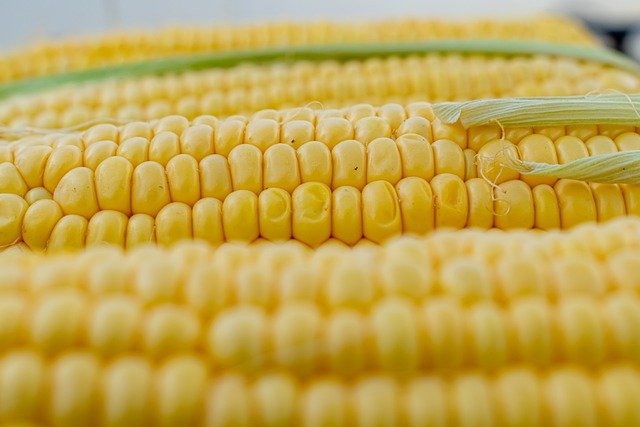Table of Contents
Corn on the cob is safer for diabetic people, and corn offers nutrients and energy to a person’s body. So, you may often wonder, can diabetics eat corn on the cob?
Additionally, it consists of fewer amounts of fat and sodium.
Corn is an excellent source of dietary fiber, and Additionally, it has a nice balance of soluble and insoluble fiber.
According to research, maize promotes the growth of bacteria in the gut, and Additionally, it helps patients by lowering the chance of colon cancer.
Nutritional Content Of Fresh Corn
Millions of people throughout the world enjoy corn, and it contains beneficial elements that are essential for a person’s general health.
Corn on the cob has a fair amount of fiber, and the main types of fibers are insoluble fibers like lignin, cellulose, or hemicellulose.
Various antioxidants, including lutein, zeaxanthin, and ferulic acid, are also present in corn on the cob.
Corn’s main constituent is starch; low and high sugar is found in corn on the cob.
So, does corn on the cob raise blood sugar?
Can Diabetics Consume Corn On The Cob?
A person with diabetes can eat corn on the cob, but only in moderation, and a person should restrict their consumption. In addition, one’s daily carb intake is monitored.
The benefits of eating corn on the cob for diabetes are debatable. As well as providing healthy nutrients, it raises glucose levels to a certain point.
But corn provides the body with vitamins, minerals, fiber, and energy. As long as carbohydrates are monitored, they won’t impact a person’s health.
What Effect Does Corn On The Cob Have On Diabetics?
For diabetics, a high-fiber, low-carb diet is typically advised. Foods high in carbohydrates are easily digested and cause blood sugar levels to rise.
However, fibrous meals take a little longer to digest, and the body steadily absorbs fibrous meals.
As a result, it takes longer for carbohydrates to break down in circulation, and glucose levels are not increased.
Corn on the cob has a little to moderate amount of carbohydrates. As a result, corn’s GL belongs to the medium class.
Additionally, eating fibrous foods makes one feel full and helps prevent overeating. For diabetics, this is very helpful in managing their weight.
Studies On Corn On The Cob For Diabetics
As noted by the latest research, it is seen that the regular consumption of corn can aid in maintaining better glucose concentrations in the body.
Corn on the cob for diabetics can:
- help control the level of insulin
- enhancing the flow of blood in the body
- reducing the levels of cholesterols
Therefore, corn is the best choice for people suffering from diabetes and cholesterol.

Starch gets found in corn on the cob. Additionally, this ingredient slows down digestion, which results in energy production.
Certain phytochemicals are present in corn, and they aid in reducing the body’s absorption of insulin.
Regulates the abrupt rise and fall in the glucose level as a consequence.
Type 2 Diabetes And Eating Corn On The Cob
One of the most significant concentrations of polyphenols may be found in corn on the cob. It is an antioxidant that protects against type 2 diabetes in fruits and vegetables.
Consuming maize in moderation helps to reduce blood sugar levels and insulin sensitivity.
Regular consumption of maize may improve digestion and lower the incidence of type 2 diabetes.
Health Benefits Of Consuming Corn
According to recent studies, a higher intake of flavonoids helps to reduce the risk for chronic ailments such as diabetes.
It is noted that moderately consuming corn on the cob can help reduce insulin levels and the body’s response to glucose.
Daily intake of whole grain corn also works to help with your digestion. It also reduces the risk of developing chronic ailments such as type 2 diabetes and obesity.
Conclusion
When you wish to know if can diabetics eat corn on the cob, you can try out some alternatives, such as steamed or grilled ones.
However, getting in touch with your doctor to understand your meal plan is better.